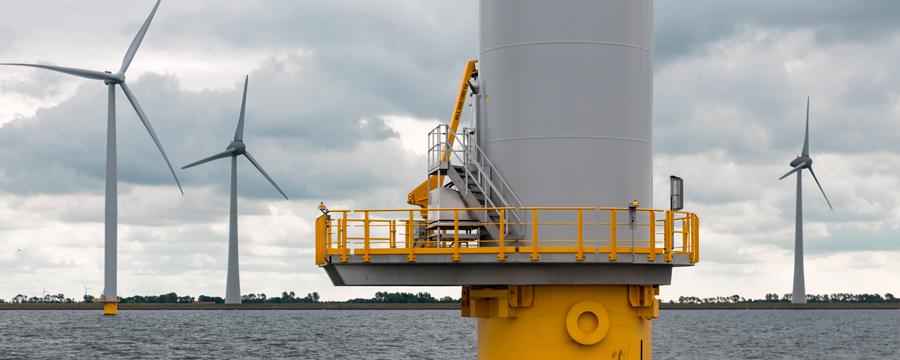Master of Science (MSc) in Renewable Energy in the Marine Environment – 2-years – Glasgow/Leioa/Nantes/Trondheim

Renewable Energy in the Marine Environment
Master (Erasmus Mundus Msc programme)
-
Master
Full time, 2 years -
LocationBilbao, Cork, Nantes, Trondheim
-
Requirements
-
Scholarship and fees
-
LanguageEnglish
-
Apply before15. February
Renewable energy plays a more and more important role
At a social level, renewable energy contributes to a more sustainable energy system, by providing a more independent power system and contributing to the reduction of global warming and climate change.
Offshore renewable energy has a vast potential, but they represent a major technological challenge. The harsh conditions offshore demand advanced specific knowledge in various scientific and technological fields, and specifically trained professionals are demanded by this industry.
The aim of the REM PLUS master is to form specialists with the required skills to accomplish this technological challenge. The Master provides the student with skills in assessment, analysis, simulation, development and exploitation of all available energy in the marine environment and in project development of safe, efficient and reliable marine energy generation plants, including operation and maintenance design and study of the integration of the plants in the electric system.
The Master program is fully presented in English and offers two specializations::
- Renewable Offshore Energy Systems Engineering
- Power Electronics and Control for Offshore Renewable Energy Systems
The REM PLUS is offered by four universities:
- University of the Basque Country (UPV-EHU), Spain
- University College Cork (UCC), Irland
- École Centrale de Nantes (ECN), France
- Norwegian University of Science and Technology (NTNU), Norway
Questions about the programme: kontakt@iel.ntnu.no
See the official website for admission requirements and application form:
